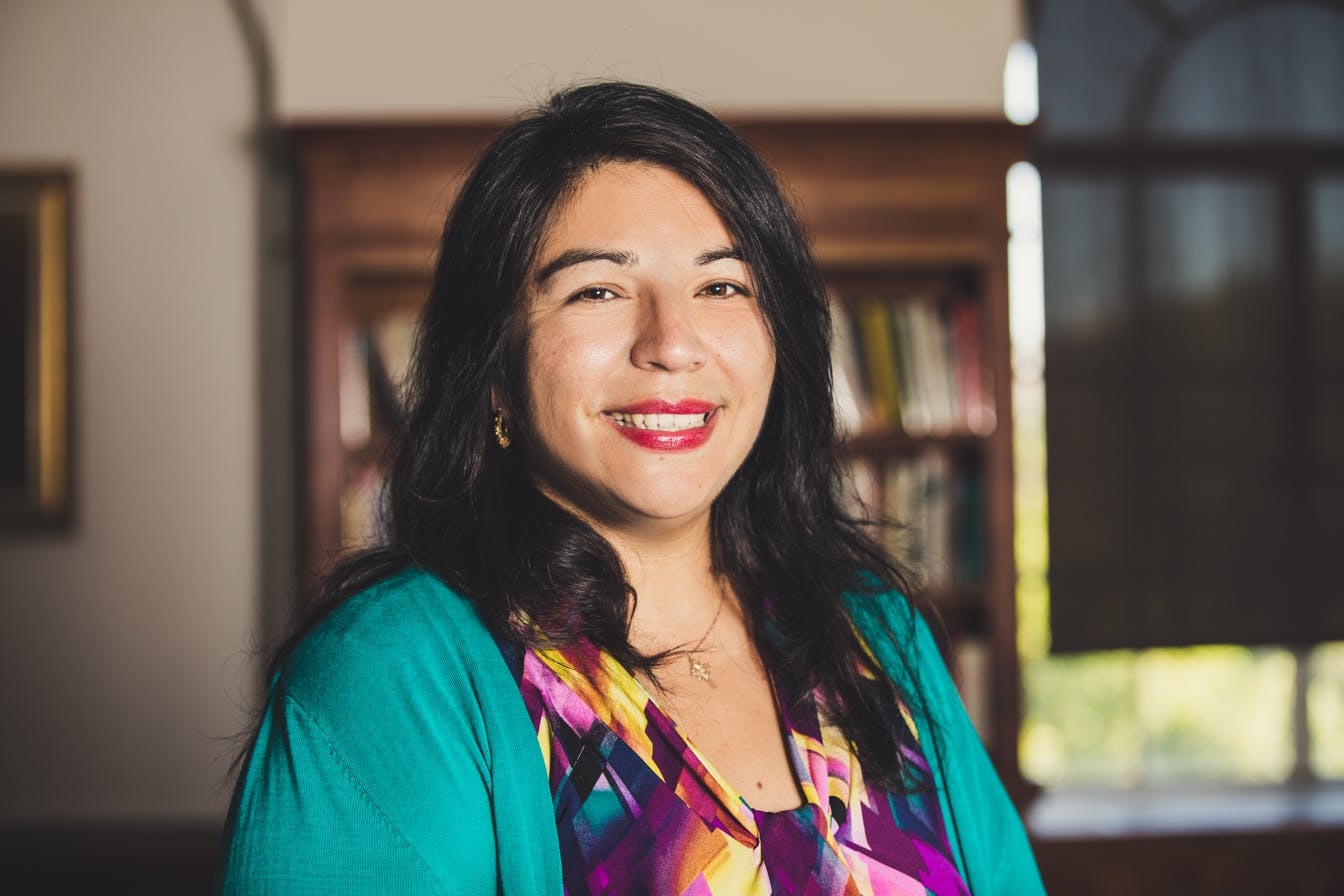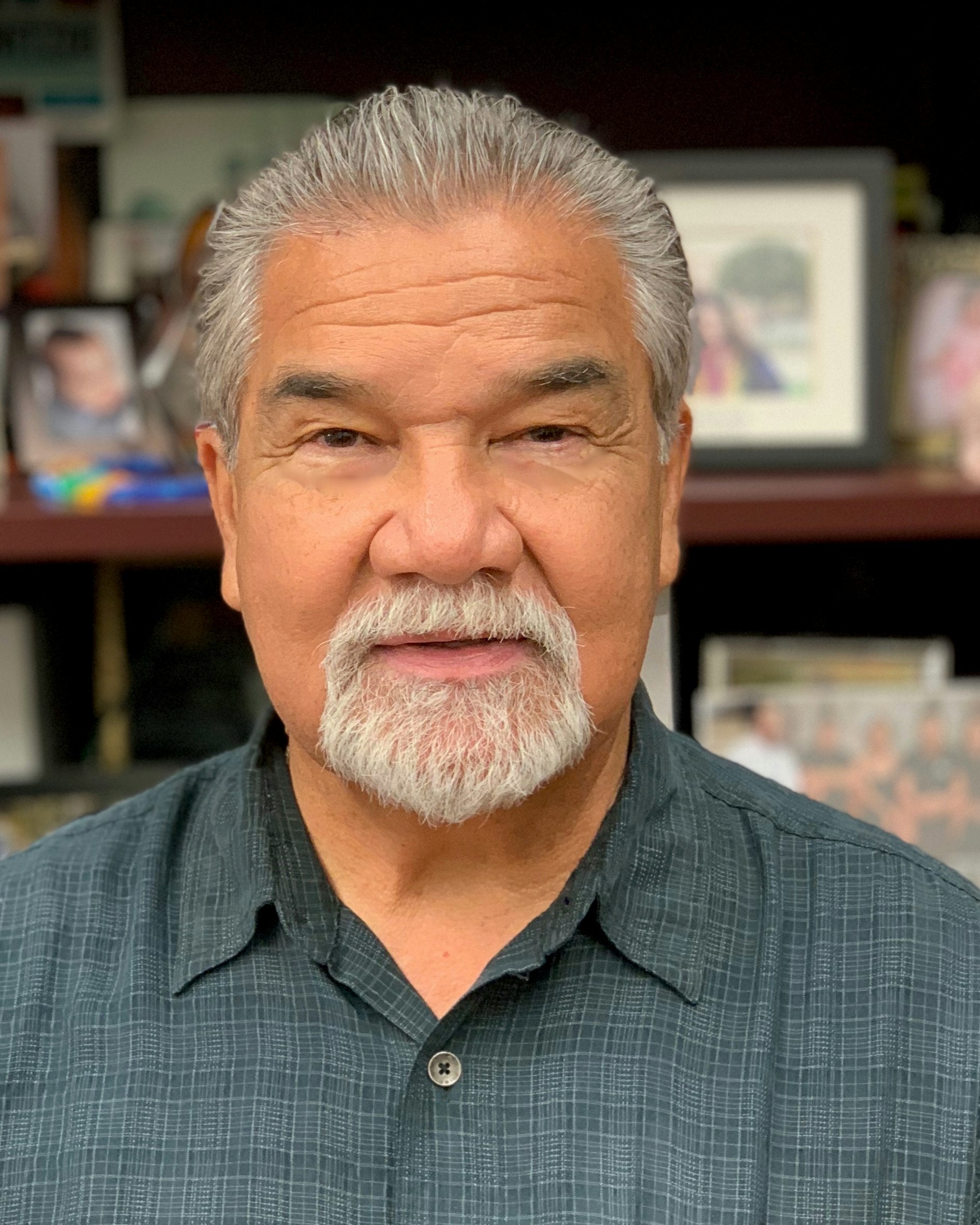UCLA Professor of Education Danny Solórzano recalls driving to the UCLA Library while still a student at Loyola University, to read issues of Aztlán, the premier and oldest journal of Chicana/o Studies, which was established in 1970 by the UCLA Chicano Studies Research Center.
“I intellectually grew up with this journal,” notes Solorzano, whose co-edited book, “The Chicana/o Education Pipeline: History, Institutional Critique, and Resistance” (with Michaela Mares-Tamayo) is an anthology of Aztlán’s essays on Chicana/o students, families, and communities along the education pipeline, from kindergarten through postgraduate education. In fall of 2020, the volume was recognized with an Honorable Mention by the International Latino Book Awards for Best Academic-Themed Book. In 2019 the anthology won the Bronze Medal for Non-Fiction Book Series at the Independent Publisher Book Awards.

“For me, it was a real appreciation of how Aztlán and its editors throughout the years have published some really important historians, sociologists, anthropologists, and psychologists that laid out an intellectual history of Chicano education…there are few other places where this history is documented,” says Professor Solórzano of the work.
The Chicano Studies Research Center at UCLA asked Solórzano to edit the book as part of the Anthology Series published by Aztlán. He invited his former doctoral student Michaela Mares-Tamayo (’14, Ph.D., Education), now director of student equity at Pasadena City College, to serve as his co-editor. She says that the project highlights “that important link between Ethnic Studies and Education for Chicana/o/x communities.”
“Danny once used the quote, ‘Chance favors the prepared mind,’” recalls Mares-Tamayo. “I had completed my PhD and was trying to figure out what was next in my own professional journey and he mentioned this project. It required us going back through 45 years of archives of Aztlán and pulling all of the articles that had to do in some way, shape, or form with Chicana and Chicano students, families, communities and education. We then chose 17 articles that took us through Chicana/o Educational History, K-12 Education, and Postsecondary Education. For each chapter we wrote an Introduction and provided resources for researchers and educators.”
“In this particular journal, we see some of the very early pieces on bilingual education, and on what we now consider cultural competency or culturally-sustaining pedagogy,” say Mares-Tamayo of the Aztlán essays they included in the book. This educational research was primarily completed in California, Arizona, New Mexico, and Texas.
Mares-Tamayo and Professor Solórzano recently spoke to COLEGAS, a statewide organization of California community college Latina/o/x administrators, faculty, and staff after the publication of “The Chicana/o Education Pipeline.”
“They wanted to know about this book and think about how that frames some of the work they’re doing now, pushing for equity in our largest entry point for Students of Color into higher education,” says Mares-Tamayo. “It really speaks to the importance of race and ethnic studies in education as [they] come together to foster the work.”
The book is also being used nationwide in courses on the history and sociology of Chicana and Chicano education.
“Michaela and I feel strongly that to understand the Chicana/o educational condition today, we need a strong historical foundation across time and place,” says Professor Solórzano. “The editors and authors in ‘The Chicana/o Education Pipeline’ provided the important first bricks in that foundation. These essays also reveal how educational institutions have operated in contradictory ways for Chicana/o students. They have oppressed and marginalized as well as emancipated and empowered our communities.”
“I’m a product of Ethnic Studies and Chicana/o Studies, so to be able to participate in a project like this shows the work that needs to be done,” Mares-Tamayo notes. “And it can be done by those of us who are at the intersections of race, ethnic studies and education. It really is about honoring those intellectual, activist, and academic genealogies from which we come, and being able to provide them now to scholars, practitioners, and activists.”
To learn more about the UCLA Chicano Studies Research Center and about “The Chicana/o Educational Pipeline: History, Institutional Critique, and Resistance,” visit this link.
Above: Courtesy of Daniel Solórzano
